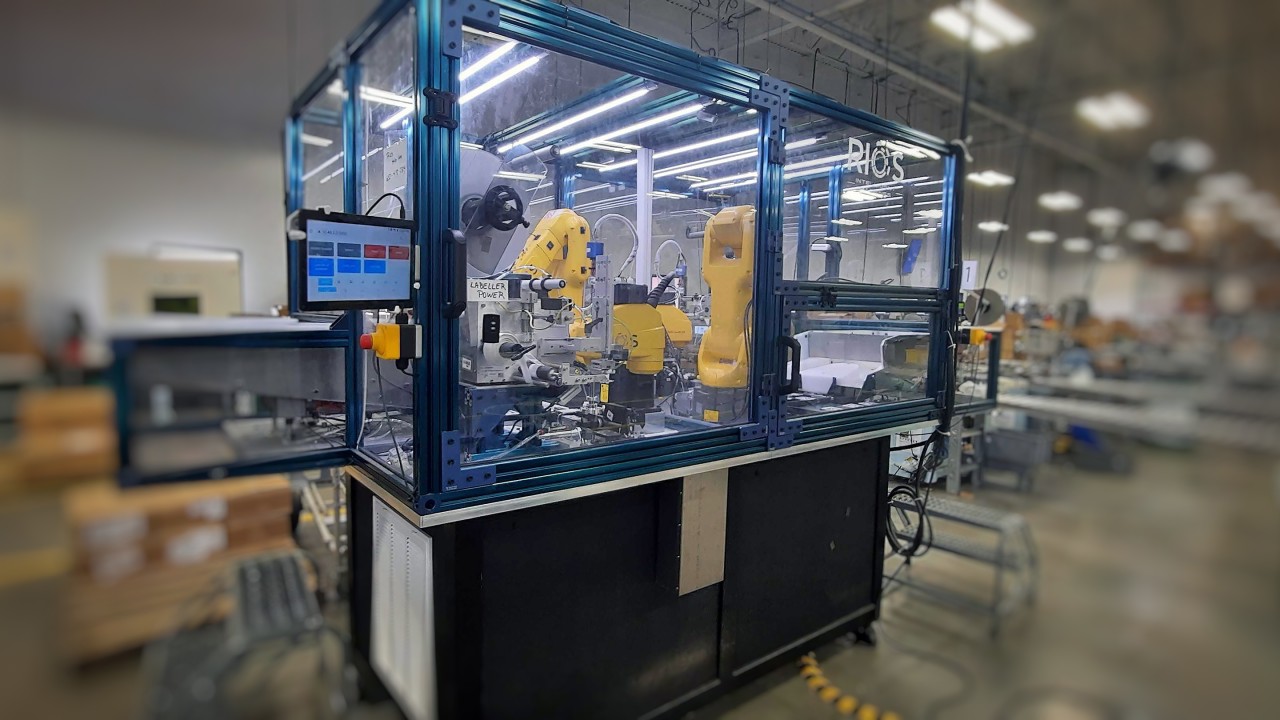
CSIRO-backed deep-tech investment firm Main Sequence Ventures has led a $US28 million ($38 million) Series A round in a US company focused on re-vitalising conventional manufacturing with robotics and artificial intelligence (AI).
The oversubscribed mix of equity and debt is being invested in San Francisco-based RIOS Intelligent Machines, a company launched three years ago with a business plan that seemed utopian rather than practical, until the labour shortage morphed into a full-blown crisis as result of COVID-19.
RIOS has now raised a total of $US33 million to date.
Other new investors in the current round are Yamaha Motor Ventures and Laboratory Silicon Valley, Orbit Venture Partners and Hypertherm Ventures.
Existing investors, Valley Capital Partners, Morpheus Ventures, Grit Ventures and others, supported the round.
Main Sequence Ventures partner Mike Zimmerman, who is to join RIOS’ board, said the company offers world class automation via a “no brainer” (according to multiple customers) robotics-as-a-service business model.
RIOS deploys it’s AI-powered robotic workcells to automate assembly lines, warehouses or supply chain operations. In the US, the technology is currently used in the manufacturing, consumer packaged goods and food and beverage sectors.
The company offers its robotic workforce through automation-as-a-service agreements in which customers have no up-front capital commitments. The company has agreements with over a dozen customers in the US and Japan ranging from mid-size businesses to large enterprises. The new capital will be used to deploy robotic fleets at scale.
Chief executive and founder Bernard D. Casse concedes that the need for RIOS’ services was far from obvious when the business was formed.
“We were five people with an idea for a product and back then most Silicon Valley venture capitalists did not take us seriously,” he said.
Gradually, however, their concept won converts. The company now has 13 backers including several prominent corporate venture capital firms.
“We always knew that a labour shortage would reach a breaking point and that a robotic workforce with higher cognitive skills, dexterity, and autonomy was the answer,” Casse said. “So, we founded the company with a mission to completely transform labour-intensive factories into smart factories of the future powered by robotics and AI. Interestingly, we had never anticipated that COVID would turn the labour shortage problem int a full-blown crisis and dramatically accelerate the inflection point we predicted years ago. What looked ridiculous is suddenly no longer ridiculous – bedrock sectors of our economy are crippled by labour shortages and labour turnover and our supply chain is broken.
“The necessity to transform legacy industries is now the most significant opportunity in modern history.”
Casse said designing robotic processes which could improve conventional manufacturing was still difficult, but the company had assembled the best minds and now had the financial support to do it at scale.
RIOS had already built some of the most sophisticated hardware and software technology stacks in the robotics world and successfully deployed the equipment to customers. Currently, customer demand far exceeded what the company could build, he said.
Image: A RIOS robotic workcell.

